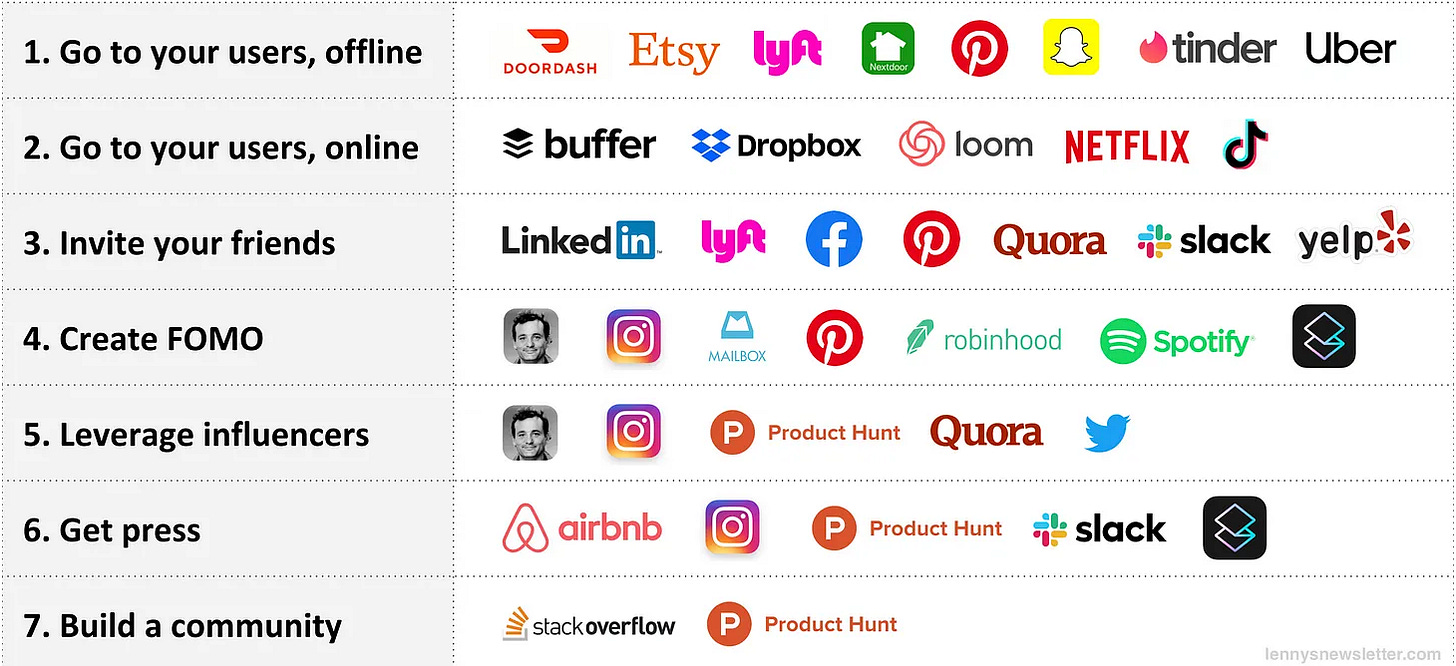The only logical title today is "hedgehog"
Why our future selves will thank us for being more specific today
Thinking a lot about data storytelling, hiring, and early-stage infrastructure? We are too. Grab some time here and let’s chat.
Any time we are codifying an idea or initiative into a plan, we’re faced with a question: should I approach this with granular specificity, or should I hedge?
The (natural) instinct to hedge is driven by the desire to leave room for the unknown. This instinct is safe. What if I am wrong? If something changes in a month’s time, will I need to do all of this planning again? Will my team lose trust in my ability to lead?
Keeping the plan broad means we’re less likely to be wrong, but more likely to fail. Imagine if, instead of Blue Apron’s hyper-specific positioning statement:
For those who want to cook at home but don’t have the necessary ingredients, Blue Apron provides complete meal kits with recipes and the ingredients directly to your door. Unlike other grocery delivery services, Blue Apron sources ingredients directly from suppliers to keep costs affordable and sustainable.
their positioning statement simply read,
For people who eat food, Blue Apron makes cooking delightful.
How would the team know what to build and prioritize? How much longer would it have taken them to IPO?
Of course, the nature of a positioning statement is that it’s specific. But this line of thinking applies across the board. I’m thinking about this because I recently came across PostHog’s (public!) company handbook. I recommend a quick dive. Everything one could want to know as both a team member and outsider about PostHog’s mission and vision is documented meticulously here. From team operating principles, to goals and bets, to reasons you shouldn’t work for them (if you want managerial responsibilities, for example), it’s all there, and it’s all incredibly clear and specific. It’s a specificity that we all should aspire to.
Sure, this handbook won’t be perfect. Their pre-product-market-fit insights and assumptions may turn out to be incorrect. But, what do they win by maintaining a handbook like this? Clarity in purpose, for one. But even more valuable is the time it’ll save their team in the future. Decisions become incredibly easy to make. Priorities are clear. The team is aligned.
This handbook is a clear example of how being granularly specific in our goals and plans—even if we have to change them later—is actually safer than hedging.
Happy weekend,
Raman at Rhetoric
📚 What’s made me a better storyteller this week



